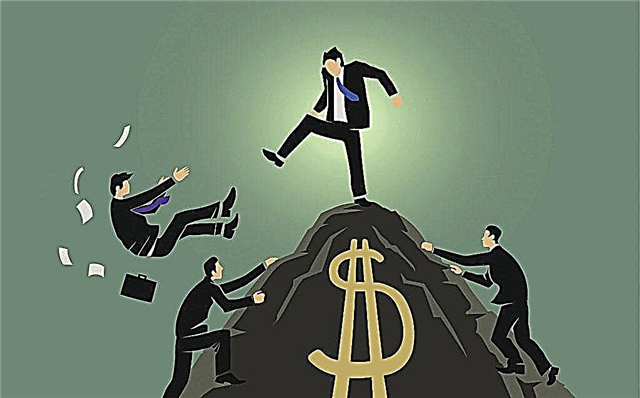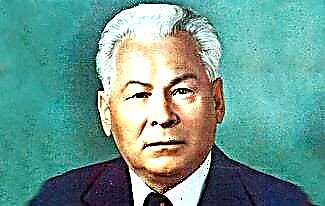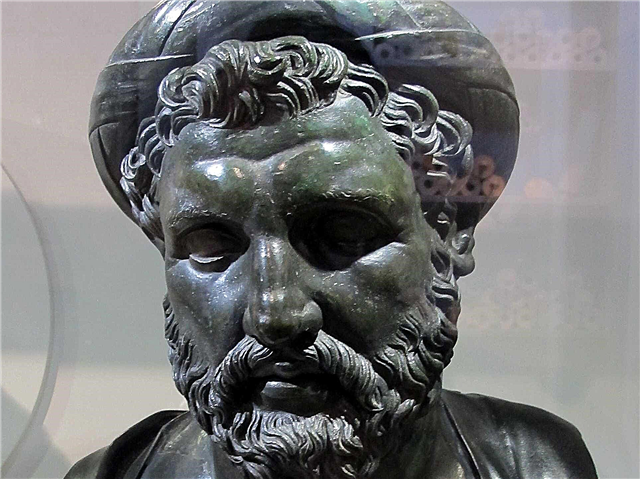What is Monopoly? This word can often be heard on TV, when discussing political or social problems. However, many do not know what is meant by this concept, as well as whether it is good or bad.
In this article we will look at what the term "monopoly" means and in what areas it can be used.

What does monopoly mean
Monopoly (Greek μονο - one; πωλέω - I sell) - an organization that exercises control over the price and volume of supply on the market and therefore is able to maximize profit by choosing the volume and price of the offer, or an exclusive right associated with copyright, patent, trademark or the creation of an artificial monopoly by the state.
In simple terms, a monopoly is an economic situation in the market in which an industry is controlled by one manufacturer or seller.
Thus, when the production, trade of goods or the provision of services belongs to one company, it is called a monopoly or monopoly.
That is, such a company has no competitors, as a result of which it can set the price and quality for products or services on its own.
Types of monopolies
There are the following types of monopolies:
- Natural - appears when the business generates income in the long term. For example, air or rail transportation.
- Artificial - usually created by combining several firms. Thanks to this, it is possible to quickly get rid of competitors.
- Closed - protected from competitors at the legislative level.
- Open - represents the market for only one supplier. Typical for companies offering consumers innovative products. For example, the company has invented a unique massager, as a result of which no one can have such products, at least for a while.
- Two-way - the exchange takes place only between one seller and one buyer.
Monopolies are created both naturally and artificially. Today, most countries have antitrust committees that seek to limit the emergence of monopolies for the benefit of the people. Such structures protect consumer interests and promote economic development.









